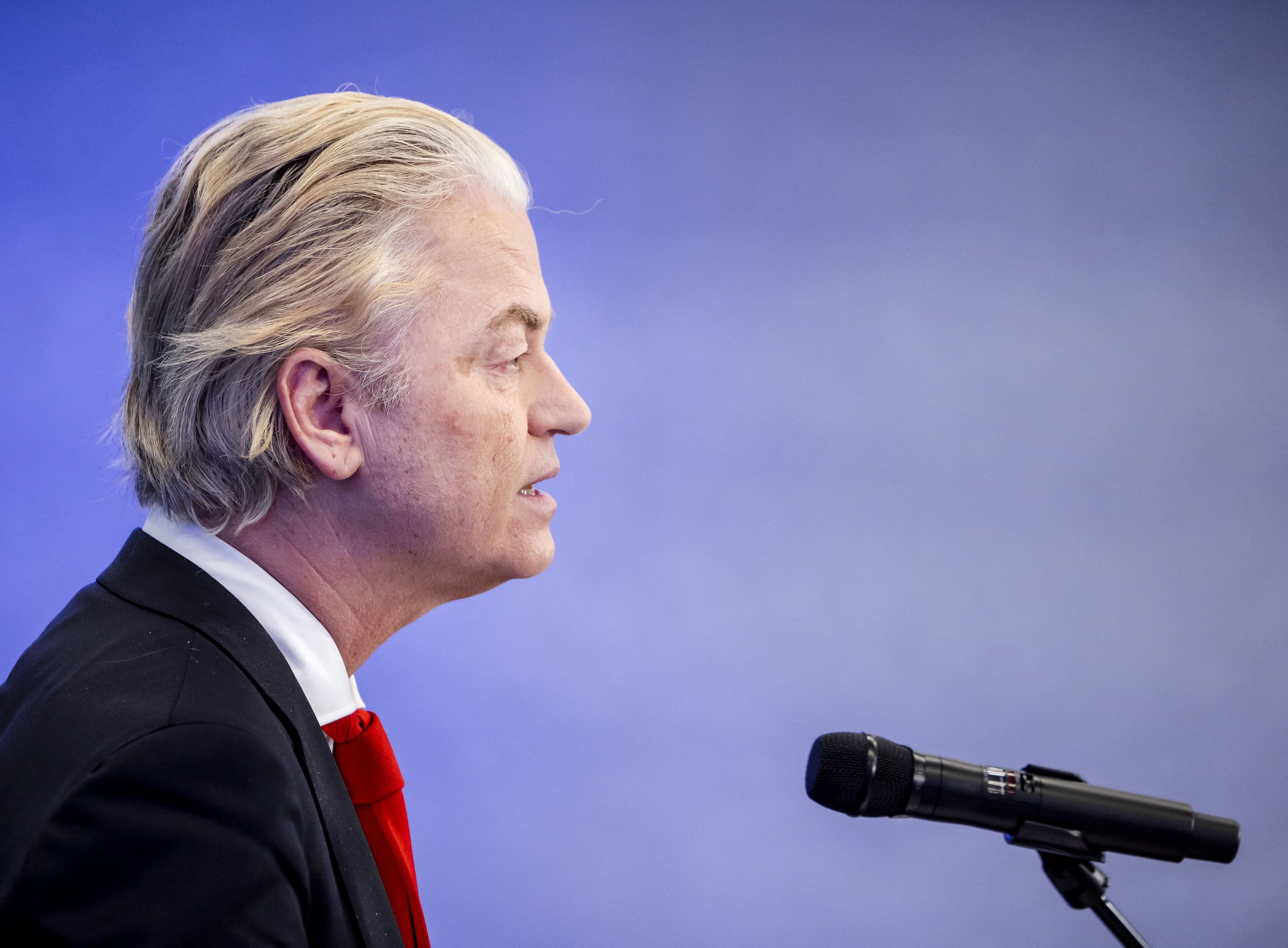Dutch coalition agreement focuses on agriculture, security and stricter migration policy

The four Dutch parties PVV, VVD, NSC and BBB presented their coalition agreement on Thursday morning. After a long period of formation, the right-wing parties hope to lead a "stable Netherlands". The agreement focuses on a strict asylum policy, security, livelihood security and agriculture.
Geert Wilders, leader of the far-right PVV, praised the deal, which includes "the toughest asylum policy ever". He referred to the PVV's reversal of a law, introduced by the previous government, that would distribute asylum seekers among Dutch municipalities.
The four parties further want to abolish the indefinite asylum permit and change the temporary residence permit. Automatic family reunification would also be abolished and border controls would be introduced. Wilders hopes that the introduction of these measures will have a demotivating effect on people who want to come to the Netherlands.
Safety and agriculture
Dilan Yesilgöz, leader of the conservative-liberal VVD, insisted that the deal would make the country safer. She said the new government would take a markedly different course from the current cabinet, but that the VVD would ensure a stable government. "The voters have clearly chosen a centre-right policy, we will assume our responsibility."
NSC leader Pieter Omtzigt promised livelihood security and good governance. He also wants to tackle the housing shortage, reform the electoral system and establish a constitutional court.
"The voters have clearly chosen a centre-right policy, we will assume our responsibility"
Finally, Caroline Van der Plas of BoerenBurgerBeweging (Farmer-Citizen Movement) championed agricultural policy during the negotiations. The Netherlands' strict nitrogen policy will become less ambitious and "hard-working farmers and contract workers" will be able to buy red diesel, a subsidised version of diesel.
Other notable changes include an increase in the daytime speed limit on highways to 130 kilometres per hour, cuts to public broadcasting and the possible relocation of the Dutch embassy in Israel from Tel Aviv to Jerusalem. It is not yet known who will be prime minister.
Netherlands' far-right party PVV leader Geert Wilders © PHOTO SEM VAN DER WAL / ANP / AFP
Related news
